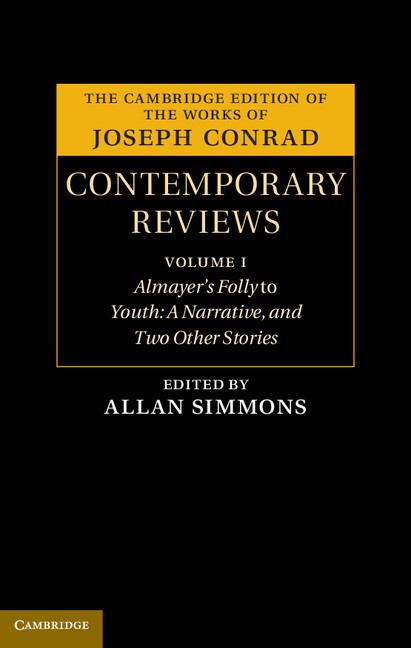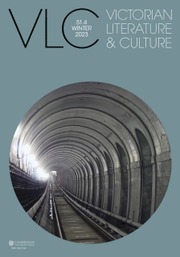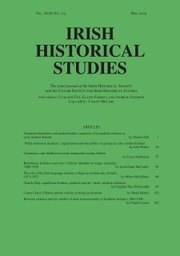Gender, Race, and the Writing of Empire
All of London exploded on the night of May 18, 1900, in the biggest West End party ever seen. The mix of media manipulation, patriotism, and class, race, and gender politics that produced the 'spontaneous' festivities of Mafeking Night begins this analysis of the cultural politics of late-Victorian imperialism. Paula M. Krebs examines 'the last of the gentlemen's wars' - the Boer War of 1899–1902 - and the struggles to maintain an imperialist hegemony in a twentieth-century world, through the war writings of Arthur Conan Doyle, Olive Schreiner, H. Rider Haggard, and Rudyard Kipling, as well as contemporary journalism, propaganda, and other forms of public discourse. Her feminist analysis of such matters as the sexual honor of the British soldier at war, the deaths of thousands of women and children in 'concentration camps', and new concepts of race in South Africa marks this book as a significant contribution to British imperial studies.
- New, authoritative study of late Victorian imperialism, showing how it was buttressed by ideas about gender and race
- Innovative and provocative study of the Boer War timed
- Particular emphasis on the African experience, including the literary work of Olive Schreiner and the historical fact of e.g. British-established 'concentration camps'
Reviews & endorsements
"Paula Krebs's book makes an important contribution to the existing scholarship on late nineteenth- and early twentieth-century British and South African literature and culture. Her research is exhaustive and skillfully mounted; her use of evidence is exemplary; she writes in a direct, focused, uncluttered style, which belies the theorectical sophistication of her analysis. Krebs emerges in this volume asa singularly generous reader of the work of others...her engagement with the work of others is constructive and giving. Krebs succeeds admirably in adding to our understanding of the workings of late-Victorian imperialism." Novel
"Kreb's book offers the reader a wealth of original material and is exhaustively referenced. The argument is a powerful one and it is convincingly supported by example." Jenny de Reuck, H-Net Reviews
"...the book is unique in analyzing several genres, and should be relevant to those intersted in how discourse creates and mirrors public understanding of conflict in times of rapid cultural change." Victorian Periodicals Review
Product details
August 2004Paperback
9780521607728
220 pages
229 × 152 × 13 mm
0.33kg
Available
Table of Contents
- 1. The war at home
- 2. The concentration camps controversy and the press
- 3. Gender ideology as military policy - the camps, continued
- 4. Cannibals or knights: sexual honor in the propaganda of Arthur Conan Doyle and W. T. Stead
- 5. Interpreting South Africa to Britain: Olive Schreiner, Boers, and Africans
- 6. The imperial imaginary: the press, empire, and the literary figure
- Notes
- Works cited.








